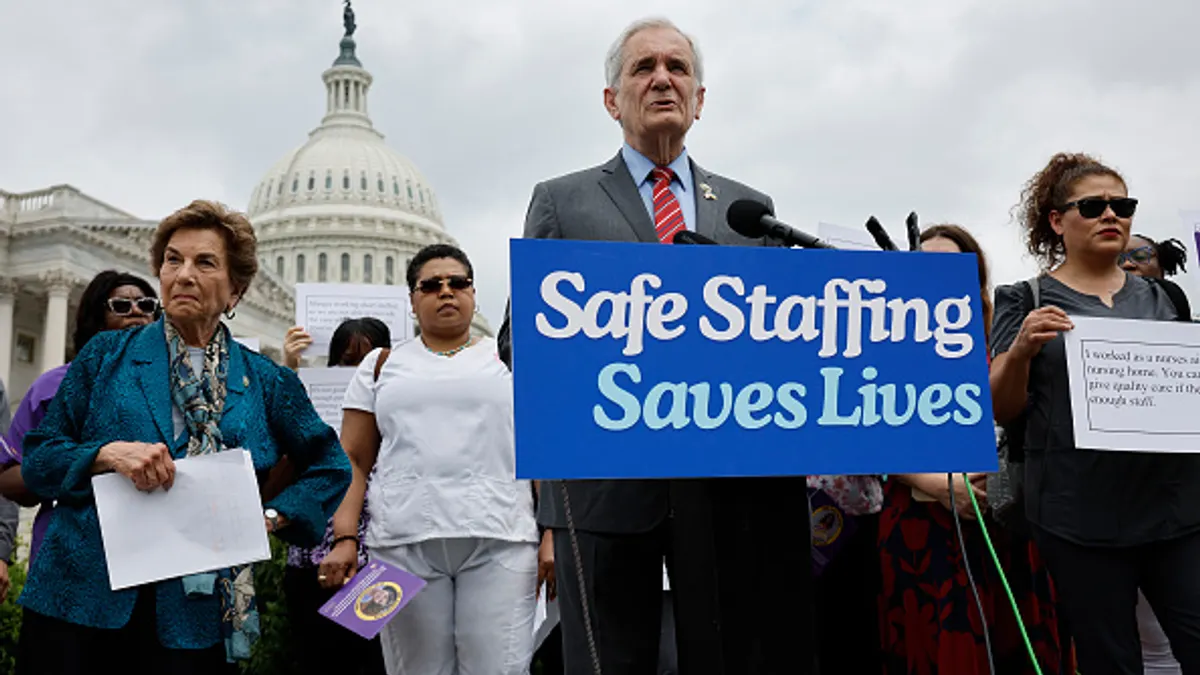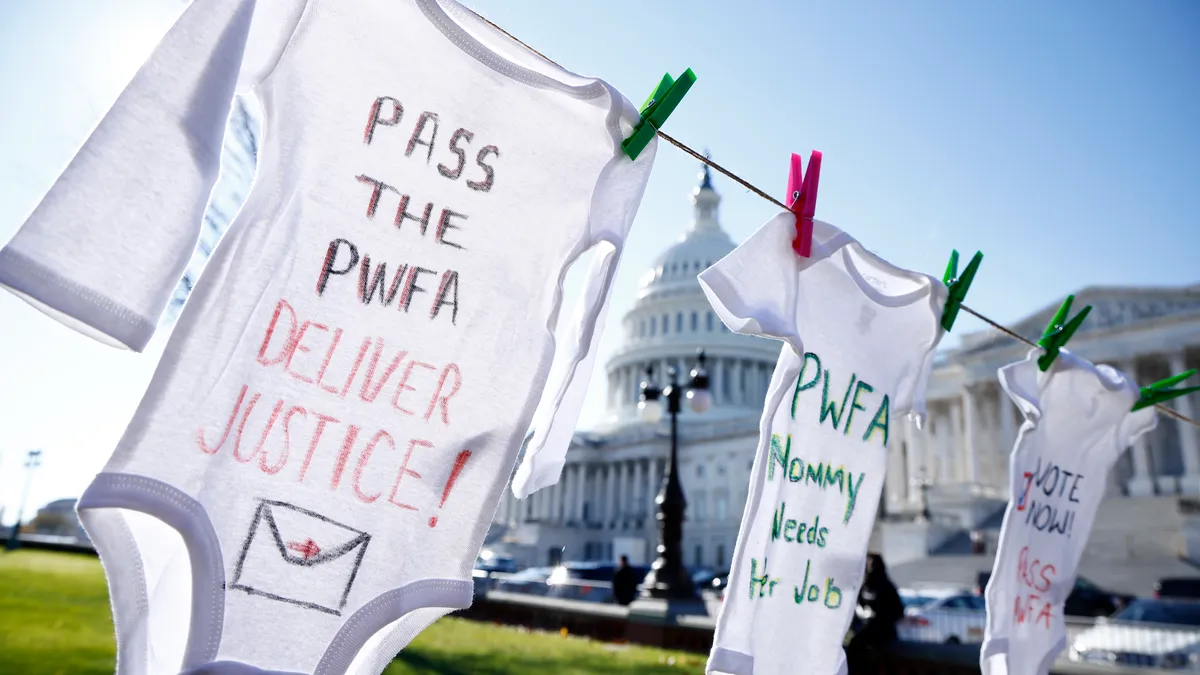A global pandemic may have caused the transformation of federal leave laws, but the country's discrimination laws remain the same, and they're very much intact, speakers emphasized during the U.S. Equal Employment Opportunity Commission (EEOC) March 27 webinar.
Federal anti-bias laws, including the Americans with Disabilities Act (ADA) and Title VII, continue to apply during the upheaval caused by the new coronavirus, speakers said. At the same time, they do not interfere with or prevent employers from following the guidelines and suggestions made by the Centers for Disease Control and Prevention (CDC) or state and local public health authorities.
Speakers also cited a recent statement by EEOC chair Janet Dhillon: "Our collective efforts to create respectful workplaces for all our nation's workers, even during these trying times, will enable us to emerge from this crisis stronger and more united."
The webinar addressed how the laws the EEOC enforces may impact employers' COVID-19 response strategies, including the information they can collect, how they collect it, and what they can do with it going forward.
What information is fair game?
Employers are allowed to take employees' temperatures as they come into work, even though that counts as a medical exam, the agency previously confirmed. Organizations are currently permitted to ask employees physically entering the workplace if they have COVID-19, symptoms associated with COVID-19 or if they have been tested for COVID-19, speakers said.
Some employers may want to inquire about an employee's exposure to COVID-19, asking the worker if any family members have the illness or exhibit any of its symptoms. These questions unnecessarily limit the possible extent of an employee's exposure to COVID-19, speakers said. A better question would be asking whether the employee has had contact with anyone diagnosed with COVID-19 or exhibiting associated symptoms. From the agency's perspective, the more general question "is more sound." The Genetic Information Nondiscrimination Act (GINA) prevents employers from asking employees medical questions about family members.
How should the information be collected?
To avoid accusations of discrimination, employers will want to tread carefully as they go about collecting this information. If an employer wants to subject one specific worker to a fever check or symptoms questioning, that action must be based on a reasonable belief formed by objective evidence — such as a persistent hacking cough — that this person might have the disease.
The agency previously urged employers to be mindful of harassment, intimidation or discrimination in the workplace against Asian Americans or people of Asian descent during the pandemic, something the CDC has warned of as well, given the disease originated in Wuhan, China.
If a worker refuses to have his or her temperature taken, or refuses to answer questions relating to COVID-19, the employer may currently bar an employee from the workplace in these circumstances but may also want to ask about the reasons for the refusal, in order to provide information or reassurance.
How should the information be handled?
An employer may exclude from the workplace an employee with COVID-19 or associated symptoms because their presence would pose a direct threat to health or safety. An employer would not, however, be permitted to ask these questions of teleworkers.
If a manager learns, and confirms, that an employee has COVID-19 or associated symptoms, the manager may wonder how his or her duty to report the information could conflict with the obligation levied by the Americans with Disabilities Act to keep it confidential. But confidential medical information does not prevent the manager from reporting to appropriate employer officials, so that they can take action consistent with guidance from public health authorities, EEOC said.
Employers should make every effort to limit the number of people who know the name of this specific employee. The employer should get a list of people this person may have come in contact with at the workplace, so they can be notified. Employees in small workplaces may be able to figure out who it is, but even then employers should not confirm or reveal the employee's identity.
Some employers are concerned that saying "someone on the 4th floor" or "someone at this location" has COVID-19 or associated symptoms may not provide enough information for co-workers to know whether they might be affected. Still, employers should not reveal the person's name in situations like this. Such broad disclosures are not permitted by the ADA nor recommended by the CDC.
If an employee is teleworking due to COVID-19 or associated symptoms, the employer may tell staff the employee is teleworking without revealing why. The employer could similarly disclose the fact that an employee was on leave without revealing the reason why, EEOC noted.




















